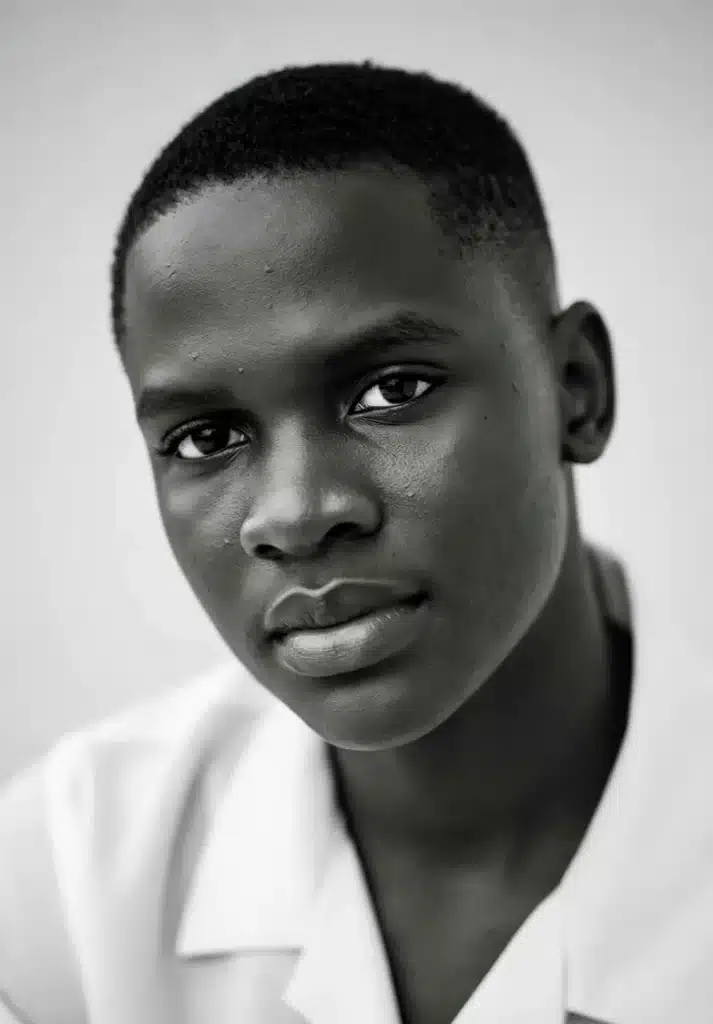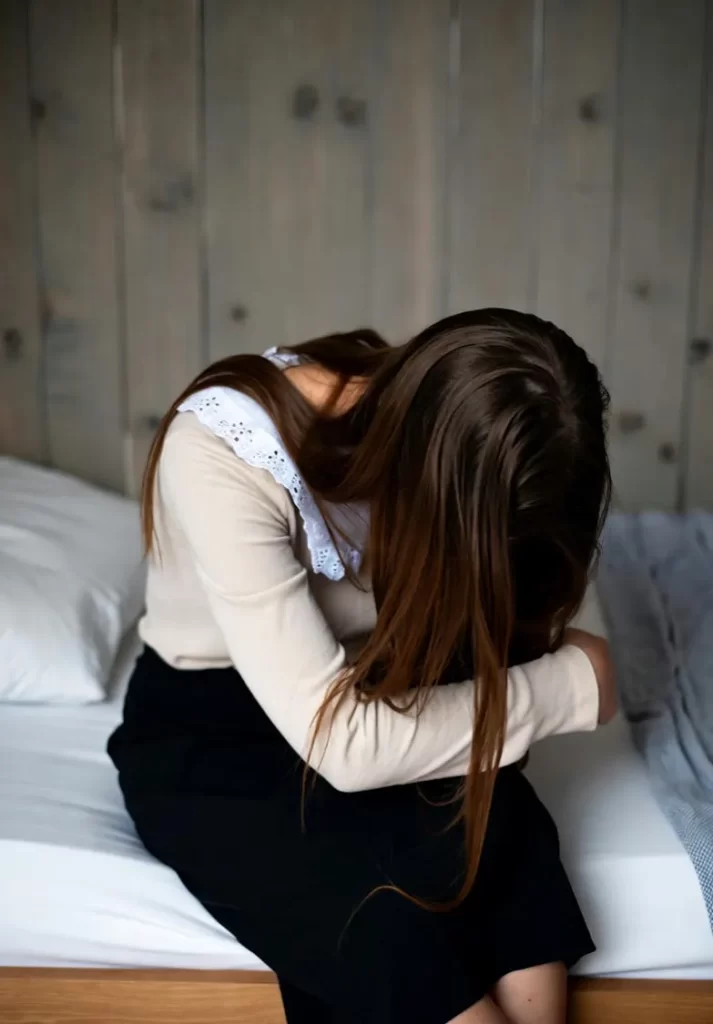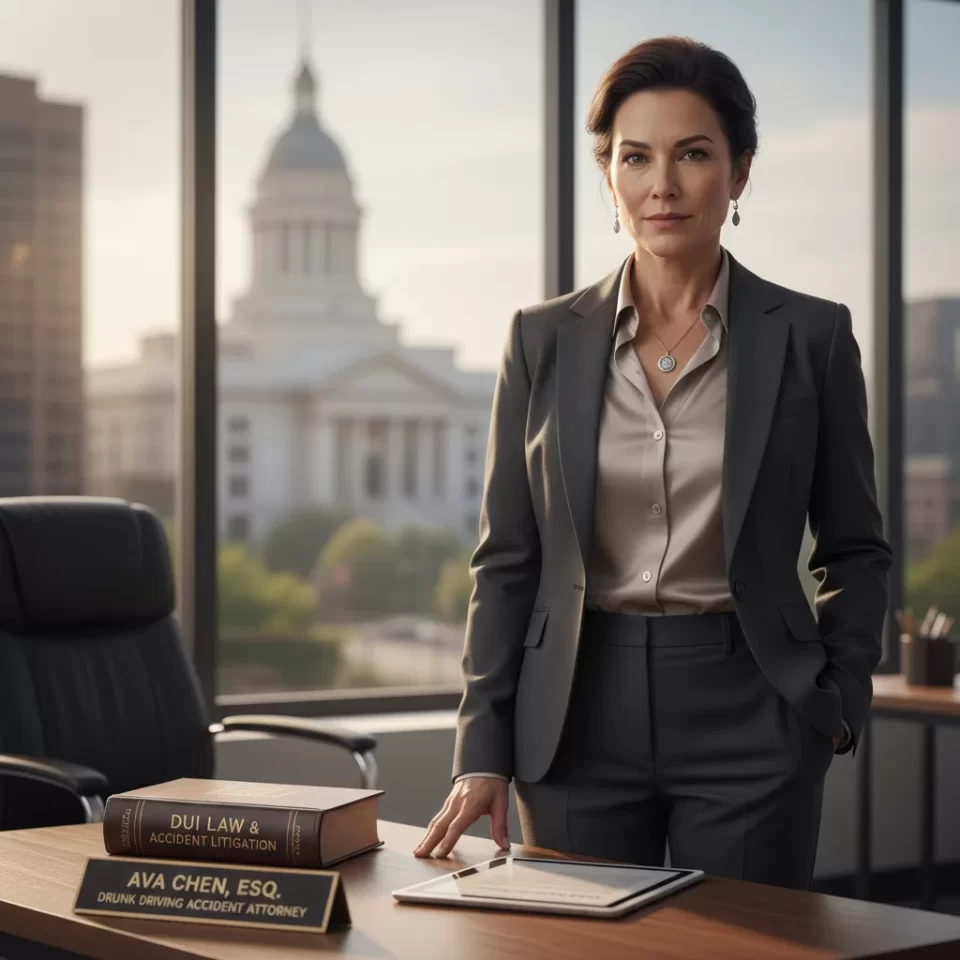- Home
- Sexual Abuse
- Camp Sexual Assault
- Camp Sexual Assault Cases
Camp Sexual Assault Cases
- February 15, 2026
-
Sarah Miller
- Fact Checked By Our Attorneys
Camps are meant to provide children and teens with safe, positive experiences that build confidence and lifelong memories. Sadly, when safety protocols fail or staff act negligently, sexual assault and childhood sexual abuse can occur leaving survivors and families devastated. These cases often involve trusted adults or older campers who exploit a lack of supervision. Understanding how camp sexual abuse cases work can help survivors take back control and hold those responsible accountable.
If you or a loved one were abused at a camp, get a free, confidential case review today to explore your legal options.
No Win, No Fee. Let the Best Sex Abuse Attorneys Fight for your Compensation!
Key Takeaways:
Camp sexual assault cases often involve trusted staff members, volunteers, or counselors who take advantage of inadequate supervision or safety policies.
Camps, youth programs, and affiliated organizations can be held legally liable if they failed to screen employees, ignored warning signs, or failed to report misconduct.
Both criminal charges and civil lawsuits may be pursued to hold perpetrators and negligent institutions accountable.
Free, confidential case reviews are available to help survivors understand their legal rights and take the first step toward justice and healing.
Find out your eligibility in 2 minutes
If your child has been a victim of sexual abuse at a summer camp, overnight camp, or day camp, you are not alone. Many families have experienced the same fear, heartbreak, and search for justice.
Our team connects you with experienced and compassionate child sexual abuse attorneys who understand the sensitive nature of these cases. We’re here to protect your child’s rights and guide your family through the legal process — helping you pursue the compensation and accountability you deserve.
Begin your free and confidential case review today.

What Is Considered a Camp Sexual Assault Case?
A camp sexual assault case involves incidents of sexual misconduct, child sexual abuse, or sexual assault that occur at day camps, overnight camps, or faith-based programs. These cases often involve minors, staff members, or volunteers as sexual abuse victims committed by trusted individuals in positions of authority.
When abuse occurs in a camp setting, camp owners, administrators, and even partner organizations may be held liable for negligence such as failing to properly screen employees, investigate allegations, or report misconduct to law enforcement.
Even if the abuse happened years ago, survivors may still have options to pursue civil legal action under updated statute of limitations laws in California and other states.
Why Do Camp Sexual Assaults Happen?
Despite their purpose of providing safe and enriching experiences for young people, many summer camps have faced widespread abuse allegations in recent years. Understanding why these tragedies occur can help families identify warning signs and hold negligent institutions accountable.
Some camps fail to properly screen employees or investigate prior misconduct, allowing individuals with a history of sexual abuse or inappropriate behavior to gain access to vulnerable children. In many lawsuits filed, it’s been revealed that camp owners ignored clear red flags or failed to follow basic legal standards for staff hiring and supervision.
Many assaults occur in remote locations or isolated facilities, where limited adult oversight creates opportunities for abuse. Poor supervision, unmonitored cabins, or late-night activities can put campers at risk. When camps neglect to implement safety protocols, they can be held liable for resulting harm through civil lawsuits or personal injury claims.
Abusers often use grooming tactics to build emotional trust with suffered sexual abuse victims before committing acts of sexual assault. This manipulation can make it difficult for children to recognize or report abuse, sometimes leading to self-harm, emotional distress, or delayed disclosure years later.
Victims who were sexually assaulted by staff members or volunteers should know they have rights and that law firms experienced in camp sexual abuse cases can help them take legal action and pursue substantial compensation for their pain and trauma.
Learn more about Camp Sexual Assault
Who Is Liable for Camp Sexual Assault?
When a child is sexually assaulted at summer camps, responsibility may fall on several different parties. The most obvious are the individual abusers themselves, whether they are camp staff members, counselors, volunteers, or even other campers. These individuals can face criminal charges for their crimes, and survivors may also pursue civil legal action to seek justice and financial compensation for the pain, trauma, and emotional anguish they endured.
Liability often extends beyond the abuser. Camp directors and organizations can be held accountable when they fail to provide a secure environment. Many cases involve camps that did not perform thorough background checks, ignored warning signs, or failed to properly train and supervise their staff. In these situations, victims and their families may have a strong legal claim against the camp itself for negligence.
In some situations, religious groups or sponsoring institutions that oversee camp programs may also be responsible. If they were aware of prior allegations, attempted to cover up misconduct, or failed to respond to reports, the law may hold them accountable for enabling abuse.
To learn more connect to a right Camp Sexual Abuse Lawyer

Who Can Be Held Liable in Camp Sexual Assault Cases?
When sexual abuse or child sexual assault occurs at a summer camp, multiple parties may be held legally liable depending on how the abuse occurred and who failed to act responsibly. Civil lawsuits can help survivors and families hold both individual perpetrators and negligent institutions accountable.
Individual Perpetrators
The person who committed the sexual assault whether a camp counselor, volunteer, or another staff member can face criminal charges and civil liability. Even if the abuse happened years ago, victims may still be able to pursue justice under extended statute of limitations laws in California and other states. A skilled sexual abuse lawyer can help survivors take legal action against their abuser and any institution that enabled the abuse.
Camp Owners and Administrators
Camps have a legal duty to protect children in their care. When camp owners, directors, or administrators ignore warning signs, fail to conduct background checks, or allow unsupervised access to children, they can be found negligent. Many lawsuits filed against camps across the country have revealed that leaders knew about prior abuse allegations but failed to report them to authorities or the district attorney, allowing further harm to occur.
Religious or Partner Organizations
Some faith-based programs or religious organizations sponsor or operate camps in partnership with other entities. These organizations may also be held liable if their employees or volunteers engaged in sex abuse or if they failed to properly screen, train, or supervise staff. When a church or ministry plays a role in the camp’s operations, survivors may pursue civil legal action against both the camp and the sponsoring institution.
Schools or Youth Programs
If a camp is connected to a school, youth group, or other educational facility, that institution can also be held responsible for failing to protect participants from harm. In many cases, attorneys have uncovered systemic failures such as poor oversight, lack of reporting, or negligent supervision that contributed to widespread abuse and emotional anguish among young victims.
Holding every responsible party accountable ensures that survivors receive financial compensation for medical treatment, therapy, and long-term pain and suffering while also helping to prevent future abuse.
FREE!
Find out if you're eligible and may be eligible for compensation.
Get your Free Case Review and Maximize You Payout With the Help From Legal Claim Assistant.
Common Patterns in Camp Sexual Assault Cases
Over the past few years, numerous news outlets and law firms have exposed repeated patterns of sexual abuse at summer camps across the United States. These cases often share disturbing similarities that point to deep institutional failures.
- Repeated misconduct by trusted staff or volunteers: Many alleged victims report being sexually abused by individuals who were known to other employees but never disciplined or removed from the camp.
- Cover-ups or failures to report abuse: In some cases, administrators or camp owners concealed allegations instead of reporting them to law enforcement or the district attorney, violating state laws designed to protect children.
- Institutional negligence leading to multiple victims: A lack of proper supervision, background checks, and response protocols often allows abusers to target additional children over decades before being convicted or exposed.
Legal Options for Survivors of Camp Sexual Assault
Survivors who suffered sexual abuse at a summer camp have several legal options to seek justice and accountability. Whether through criminal charges or civil lawsuits, taking action can help protect other young people and hold responsible parties accountable for their actions or negligence.
Criminal Charges
When a camp counselor, staff member, or other adult is accused of assault, the district attorney may file criminal charges. These cases focus on punishing the offender and preventing future harm. Survivors and families may cooperate with law enforcement in gathering evidence and testimony.
Even if a criminal case is already in progress, survivors can still pursue a civil claim to seek financial compensation for the emotional, psychological, and physical damage caused by the abuse. In some situations, criminal prosecution may take place in Los Angeles County or other jurisdictions depending on where the abuse occurred.
Civil Lawsuits for Negligence
A civil lawsuit gives survivors the power to hold camps, religious organizations, or partner institutions financially responsible for failing to protect children. These claims often uncover systemic negligence, such as poor screening of employees or ignoring red flags about prior misconduct.
Through civil legal action, survivors can recover compensation for therapy, medical treatment, and the emotional anguish endured. Skilled sexual abuse lawyers can also help identify all responsible parties from individual perpetrators to administrators to ensure the survivor’s rights are fully protected.
If you or your child experienced sexual abuse at a camp, reach out to our Camp Sexual Abuse Lawyers for a free and confidential case review to understand your next legal steps.
Evidence and Investigation in Camp Assault Cases
Thorough evidence collection and investigation are key to building a strong camp sexual assault case. Survivors and their legal teams work together to document what happened, identify failures in supervision, and establish accountability.
Collecting Documentation and Witness Statements
Strong evidence often includes incident reports, medical records, and statements from other victims, staff members, or parents who observed suspicious behavior. Documentation can also help establish a pattern of misconduct within the camp or among specific employees.
Examining Camp Safety Policies
Lawyers and investigators carefully review the camp’s safety and supervision standards, including how staff are screened, trained, and monitored. In many cases, inadequate policies or a lack of background checks allowed abuse to occur. A close look at these policies and practices helps demonstrate negligence on the part of camp owners or affiliated organizations.
“Camp sexual assault cases reveal the urgent need for safety and justice for all survivors.”
Statute of Limitations for Camp Sexual Assault Claims
When someone experiences sexual abuse or assault at a camp, whether it happened during childhood or adulthood, it can take years or even decades to process the trauma and feel ready to come forward. Because of this, statutes of limitations play a crucial role in determining how long survivors have to file a civil lawsuit or pursue criminal charges against abusers and negligent institutions.
Filing Deadlines for Minors and Adults
The statute of limitations for sexual abuse cases varies by state. In many states, survivors who were minors when the abuse occurred have until a certain age, often 21, 25, or older, to file a lawsuit. Lawmakers have increasingly recognized that survivors of childhood sexual abuse often need much more time to come forward. As a result, many jurisdictions have extended or removed filing deadlines for minors.
For adults who were sexually assaulted at a summer camp, religious camp, or youth program, the deadline may depend on the type of claim, whether criminal or civil.
- Criminal claims allow prosecutors to bring charges against an individual perpetrator if sufficient evidence exists, even years later, especially for serious offenses such as rape or child molestation.
- Civil lawsuits allow survivors to hold camp owners, administrators, or religious organizations financially liable for negligence, supervision failures, or covering up misconduct.
Because these deadlines differ across states, it is important to work with experienced sexual abuse lawyers who understand how to interpret local laws and ensure claims are filed within the proper timeframe.
State Laws Offering Extended Windows
Some states have taken significant steps to give justice to victims of childhood sexual abuse that occurred decades ago.
- California passed the Child Victims Act, which provided a look-back window allowing survivors to file previously time-barred claims.
- New York enacted a similar Child Victims Act that reopened the door for thousands of survivors whose abuse occurred years or even decades earlier.
These extended windows have allowed survivors of summer camp sexual abuse, juvenile detention facility misconduct, and other institutional abuse cases to finally seek justice and compensation. While these windows may close after a set period, they represent an important change in recognizing how long it can take victims to process trauma and come forward.
FREE!
Find out if you're eligible and may be eligible for compensation.
Get your Free Case Review and Maximize You Payout With the Help From Legal Claim Assistant.
Compensation Available in Camp Sexual Assault Cases
Survivors of summer camp sexual abuse may be entitled to substantial compensation through civil lawsuits. Legal action not only holds negligent institutions accountable but also helps survivors rebuild their lives through financial and emotional recovery.
Economic Damages
Economic damages cover the measurable financial losses related to the abuse and its long-term impact. Survivors may recover compensation for:
- Medical treatment for physical injuries or related health issues.
- Therapy and counseling for trauma, anxiety, depression, or post-traumatic stress.
- Relocation or housing costs if moving is necessary for safety and emotional recovery.
- Lost income or reduced earning potential due to the emotional toll of the abuse.
In some cases, courts may also award costs associated with rehabilitation, educational support, or additional therapy programs when returning to the same environment would cause distress.
Non-Economic Damages
Non-economic damages recognize the deep emotional and psychological harm that survivors experience. These damages can include:
- Pain and suffering caused by the assault.
- Emotional anguish and ongoing mental health challenges.
- Loss of enjoyment of life, including the inability to form relationships or participate in normal activities.
- Reputational harm when camp officials mishandle reports or minimize sexual abuse victims’ experiences.
These damages acknowledge that childhood sexual abuse affects both physical and emotional well-being and can influence a survivor’s sense of safety and trust for years.
Punitive Damages
In cases where camp administrators, staff members, or partner organizations acted with reckless disregard for the safety of children, survivors may also qualify for punitive damages. These damages are meant to punish egregious misconduct and prevent similar negligence in the future.
Punitive damages are often considered when:
- Camps ignored previous reports of abuse or failed to remove known offenders.
- Administrators concealed incidents to protect the organization’s reputation.
- Institutions showed a repeated pattern of negligence that led to multiple victims.
The law aims to send a strong message that organizations which endanger children or fail to respond to credible allegations will be held accountable both legally and financially.
How Survivors Can Protect Themselves and Others
Survivors of camp sexual assault often face emotional and psychological challenges long after the abuse occurs. Healing takes time, but survivors can take important steps to protect themselves, rebuild confidence, and prevent future harm. One of the most critical steps is accessing trauma-informed counseling. Professional therapists who specialize in sexual abuse recovery understand how trauma affects the brain and body, helping survivors process emotions safely. Counseling also assists with rebuilding trust and creating healthy boundaries, both of which are essential for long-term healing.
Joining survivor support networks can also make a tremendous difference. These groups provide safe spaces where individuals can share their stories with others who have faced similar experiences. This sense of connection reduces feelings of isolation and shame, empowering survivors to speak up and take control of their recovery journey.
Another vital step is reporting suspected or confirmed abuse to law enforcement or child protection agencies. Doing so not only holds abusers accountable but also helps prevent other children from suffering similar harm. Parents, guardians, or counselors who suspect inappropriate behavior such as adults showing unusual interest in children, isolating them from peers, or making comments about their bodies should report their concerns immediately.
For parents and guardians, learning how to identify safe camps is key to protecting children in the future. Always research camp credentials, background checks, and supervision policies before enrollment. Camps should have clear procedures for reporting misconduct, strict staff training on appropriate physical boundaries, and visible supervision standards.
FAQs About Camp Sexual Assault Cases
What should I do if my child was assaulted at camp?
If you suspect or confirm that your child was sexually assaulted, remove them from the camp immediately and seek medical and psychological care. Report the incident to local law enforcement and child protection agencies. Then, contact a qualified sexual abuse lawyer who can guide your family through the next steps and help protect your child’s legal rights.
Can I sue a camp for failing to protect campers?
Yes. Camps have a legal duty to protect all participants. When they ignore warning signs, fail to properly screen staff, or allow unsafe supervision, they can be held liable. A skilled legal team can investigate the camp’s actions, gather evidence, and pursue compensation through a civil lawsuit.
Can I file a claim if the assault happened years ago?
In many states, survivors of childhood sexual abuse can file claims even years after the incident. Some states, such as New York and California, have “look-back” windows that allow older cases to move forward despite expired deadlines. Speaking with an attorney quickly can help you understand whether your claim still qualifies.
Will my family’s identity remain confidential?
Yes. Courts often allow survivors and their families to remain anonymous to protect their privacy. Legal teams are committed to handling these cases with discretion and sensitivity, ensuring your story is never shared without consent.
How long does a camp assault case take to resolve?
The timeline can vary depending on the complexity of the case, the camp’s response, and whether it goes to trial. Some cases resolve in several months through settlement, while others take longer. Your attorney’s goal will be to move efficiently while ensuring your case receives the care and attention it deserves.
Speak With a Camp Sexual Assault Lawyer Today
If you or your child experienced sexual assault at a camp, you are not alone. Our team is committed to standing with survivors and families through every step of the legal process. We understand how painful and confusing these cases can be, especially when the abuse happened in a trusted environment. Our experienced attorneys work tirelessly to investigate what occurred, identify all responsible parties, and hold them accountable. We aim to help survivors find justice, emotional healing, and the financial support they need to rebuild their lives.
Our services are designed to resolve cases with compassion, care, and complete confidentiality. We provide a safe space for survivors to share their experiences without fear or judgment, ensuring their voices are heard. Every consultation is free, and our legal team explains your rights and options clearly so you can make informed decisions.
If you or your child were sexually abused at a camp, contact us today for a confidential case review. The right legal guidance can help you move forward toward recovery and justice.
You Deserve Justice. Let Us Help.
Speak with a trusted sexual abuse attorney who will stand by your side, protect your privacy, and fight for the compensation you deserve.
No Win, No Fee. Let the Best Sex Abuse Attorneys Fight for your Compensation!
Under 1 Minute
100% Free
Expert-Reviewed
Private & Secure
© 2025 Legal Claim Assistant. All Rights Reserved.
Terms of Service | Privacy Policy | Contact Us | Marketing Partners
Related Article

How a Drunk Driving Accident Attorney Can Help After a Crash

